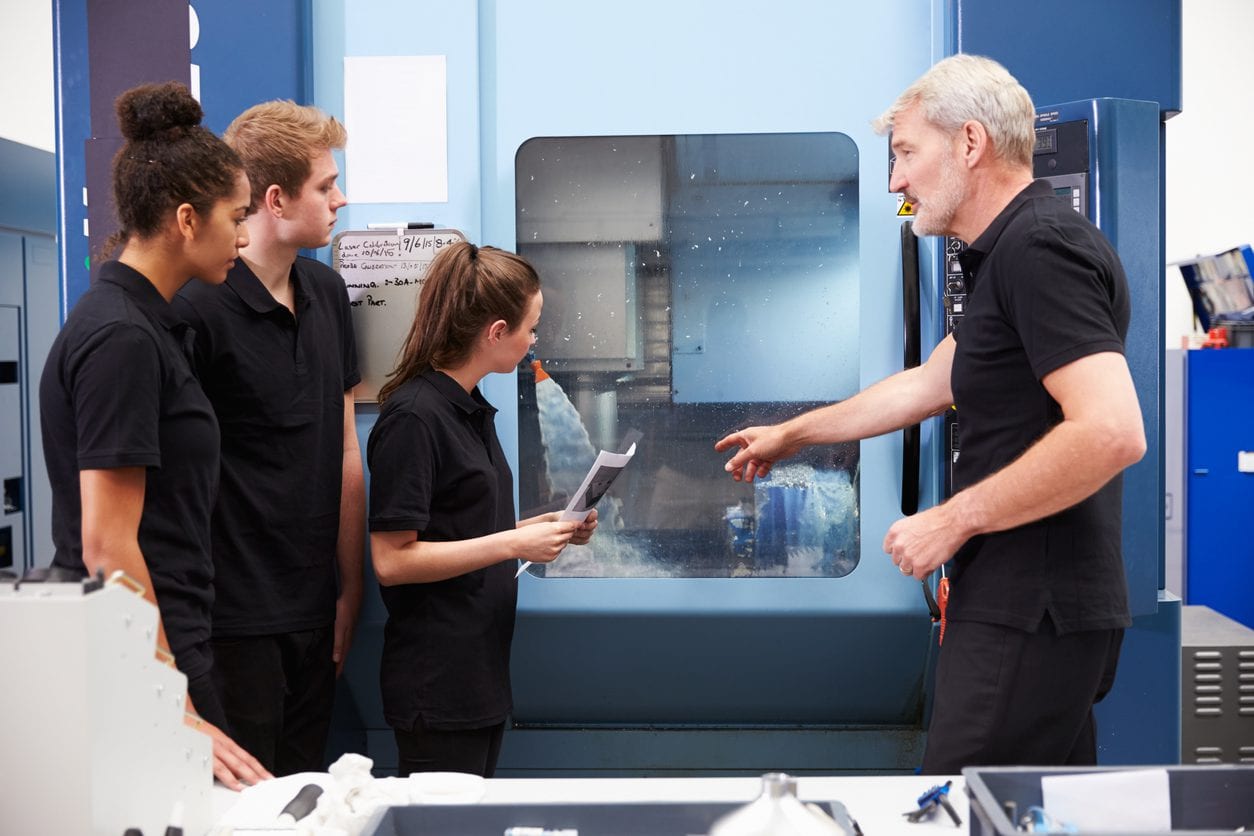Operational Training Programs
Our goal at Alliant Chemical is to assist our customers in their success. We provide operational training to help ensure successful process outcomes.
Operational Training
Operational training is a crucial aspect of ensuring efficient and safe production processes. By focusing on areas like theory, instrumentation, process sampling, safety, and equipment maintenance, you’re equipping your operators with the knowledge they need to understand and manage the chemical and coating process systems effectively. This not only helps in improving production but also contributes to a safer and more productive work environment.
Key topics covered in our operational training programs:
- Theory: Understanding the fundamental principles behind the chemical and coating process systems. This could include the science of the materials being used, the mechanics of the machinery, and the chemistry of the reactions taking place.
- Instrumentation: Training on how to use and interpret the various instruments and tools involved in the process. This could include everything from basic hand tools to complex machinery and computer systems.
- Process Sampling: Techniques for taking samples at various stages of the process to assess quality, identify issues, and make necessary adjustments.
- Safety: Essential safety protocols and procedures to protect personnel and equipment. This could include everything from proper handling of materials and machinery to emergency response procedures.
- Equipment Maintenance: Regular maintenance is crucial to keep machinery running smoothly and prevent breakdowns. Training might cover routine checks, cleaning, troubleshooting, and repair procedures.
Specific topics can vary and are tailored to meet the unique needs of your operations and personnel. The goal is to equip your team with the knowledge and skills they need to perform their roles effectively and safely.
Alliant Chemical’s operational training programs provide the following benefits:
- Improved Productivity: With a better understanding of the processes and equipment, operators can work more efficiently, leading to increased productivity.
- Enhanced Quality: Training can help operators better understand the quality standards and how their work impacts the final product, leading to improvements in the quality of output.
- Reduced Downtime: Knowledge about equipment maintenance can help prevent breakdowns and reduce downtime.
- Increased Safety: Safety training can lead to a reduction in workplace accidents and injuries.
- Boosted Morale: Employees who receive training often feel more confident and valued, which can boost morale and job satisfaction.
- Cost Savings: Over time, all of these benefits can lead to significant cost savings for the company.

